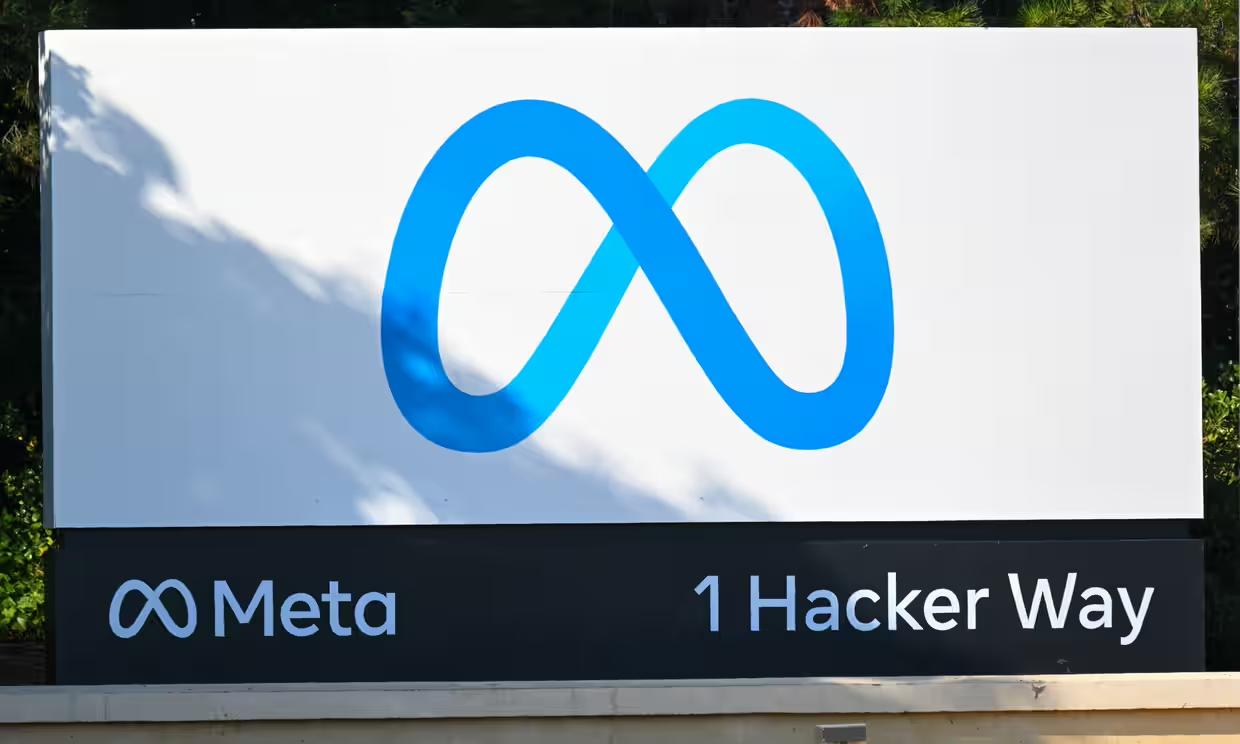|
|
 |
We failed to regulate the internet when it was regulatable [...] and it’s not serving us well.
- New Mexico Democrat Martin Heinrich
|
|
|
Welcome to Snippets! Zoom is embroiled in controversy over whether their Terms of Service claim the right to use user generated data (i.e. the content of your video calls) to train AI/ML models without user consent.
Also, though the US Congress can agree that something should be done about the open floodgates of AI, they can't agree on... really anything else. We're also looking at the $5B lawsuit against Google, Meta's Norwegian fine, and more.
|
|
|
|
|
Zoom under fire for troubling Terms of Service
|
 |
|
Justin Sullivan/Getty Images
|
Zoom has updated their terms of service (ToS) once again—after taking fire for a March 2023 ToS change that stated the company may employ user data to train the company's AI/ML models without allowing customers to opt-out.
|
- On July 27, Zoom updated their ToS to indicate it may use “service-generated data,” but still didn’t offer an option for opt-out.
- After further criticism, the ToS were updated again, noting that admins could choose whether or not their virtual meeting data could be used for AI training.
- Despite these changes and Zoom CEO Eric Yuan speaking out on LinkedIn, many remain skeptical—raising questions about how customers will be able to opt-out and whether these ToS changes only amount to semantic maneuverings.
|
|
|
|
|
|
|
Introducing Pathfinder—the data governance layer for enterprise AI!
|
|
A first-of-its-kind solution, Pathfinder gives your company the technical guardrails it needs to adopt new AI technologies securely and responsibly. Companies with Pathfinder will be able to:
💡 Handle enterprise AI adoption with confidence
👁️ Gain real-time visibility into AI deployments
✅ Strengthen compliance
Pathfinder is currently only available in the exclusive early access phase for select enterprise partners. Learn more and join the waitlist below.
|
|
|
|
|
|
|
|
US Congress debates AI regulation
|
 |
|
Drew Angerer/Getty Images
|
As the US Congress struggles to define a path forward on AI regulation, the lack of a Federal data privacy law is proving to be a significant stumbling block.
|
- Senators Marco Rubio of Florida and Ted Cruz of Texas have both spoken against Federal regulation of AI, with Sen. Cruz stating, “I think if the Democrats push through restrictions on innovation and AI, it would be disastrous for America.”
- Three all-senator AI briefings, spanning over the past few months, did yield a few moments of consensus—lawmakers agree they need to move fast on passing AI legislation, and that the US cannot afford to fall behind on AI development.
- But without Federal controls on how tech companies use personal data, the shape and ultimate efficacy of any AI legislation remains a daunting question.
|
|
|
|
|
|
|
|
Google ‘Incognito Mode’ lawsuit moves forward
|
 |
|
Illustration: The Verge
|
The $5 billion lawsuit over Google’s ‘Incognito Mode’ will move forward, after Judge Yvonne Gonzalez Rogers denied the tech giant’s request for summary judgment.
|
- Plaintiffs in the case have alleged Google invaded users’ privacy by tracking their online activities after they activated ‘Incognito Mode.’
- According to the lawsuit, users had a reasonable expectation of privacy based on statements in the Chrome privacy notice and the Incognito home page.
- In her statement, Judge Rogers noted that, “Taken as a whole, a triable issue exists as to whether these writings created an enforceable promise that Google would not collect users’ data while they browsed privately.”
|
|
|
|
|
|
|
|
- China drafting new rules for facial recognition tech.
- Future of Privacy Forum CEO Jules Polonetsky considers what’s important in privacy.
- Are trade secret and privacy laws on a collision course?
- Self-driving cars and the new threat to privacy.
- NIST researchers offer tips on talking to kids about privacy.
|
|
|
|
|
|
Meta facing daily 1M krone fine in Norway
|
 |
|
Anadolu Agency/Getty Images
|
Starting Monday, August 14, Norway’s data protection authority, Datatilsynet, will fine Facebook owner Meta 1M krone ($98,500) for using users’ location data to push highly-targeted ads.
|
- After identifying these privacy breaches, Datatilsynet gave Facebook until August 4 to prove the issues had been addressed.
- In July, the Norwegian DPA temporarily banned Meta from engaging in targeted advertising based on user surveillance and profiling.
- The fines will run for three months, until November 3, when Datatilsynet hopes to make the fine permanent by referring the decision to the European Data Protection Board.
|
|
|
|
|
|
|
|
India’s parliament approves privacy bill
|
 |
|
Sanjeev Verma / Hindustan Times / Getty Images
|
Despite vocal opposition from some parties, India’s upper parliament approved the country’s first comprehensive data protection act. The bill now only needs approval from India’s President before becoming law.
|
- Opponents of the bill claim it offers too many exceptions and may lead to increased surveillance, as government bodies are exempt from most of the bill’s requirements.
- Advocacy group AccessNow stated that, “An effective, world-class data protection law requires core tenets: an independent regulator; actionable rights and remedies; [...] and meaningful accountability from all data collectors, including the government. The bill is devoid of each of these.”
- Proponents of the law claim it’s “pro-citizen and pro-privacy,” having considered input from dozens of ministries and organizations throughout its drafting process.
|
|
|
|
|
|
|
Stay up-to-date on AI regulation with Apprised on AI
|
|
A new bi-weekly newsletter, Apprised on AI brings you a skimmable summary of AI regulation in flight in the US and worldwide.
Subscribe now to keep yourself (and your team) ahead of the curve on what’s next in AI legislation. Apprised on AI hits your inbox every other Wednesday!
|
|
|
|
|
|
|
|
|
Snippets is delivered to your inbox every Thursday morning by Transcend. We're the platform that helps companies put privacy on autopilot by making it easy to encode privacy across an entire tech stack. Learn more.
|
|
|
|
You received this email because you subscribed to Snippets. Did someone forward this email to you? Head over to Transcend to get your very own free subscription! Curated in San Francisco by Transcend.
|
|